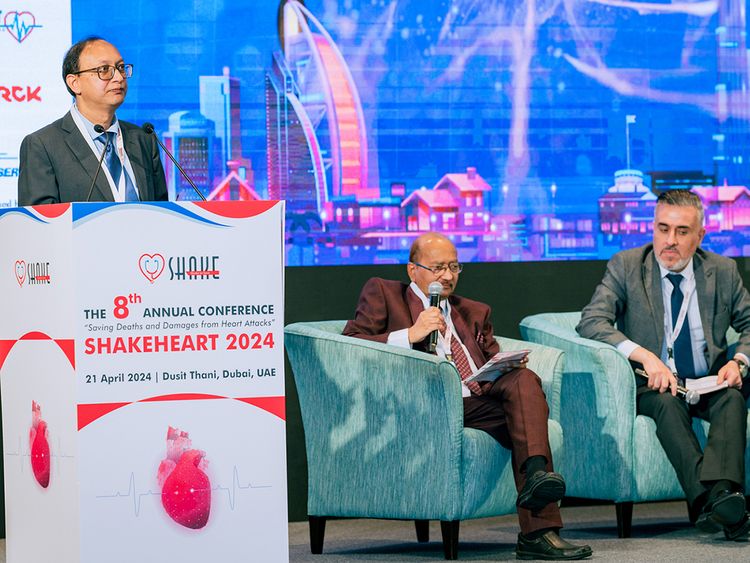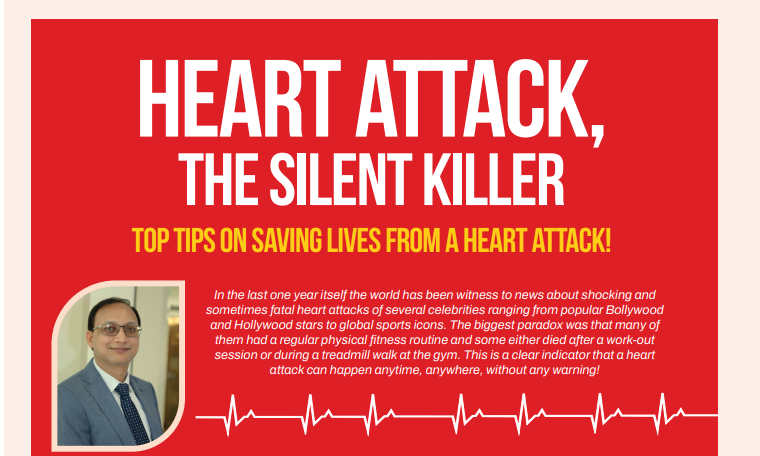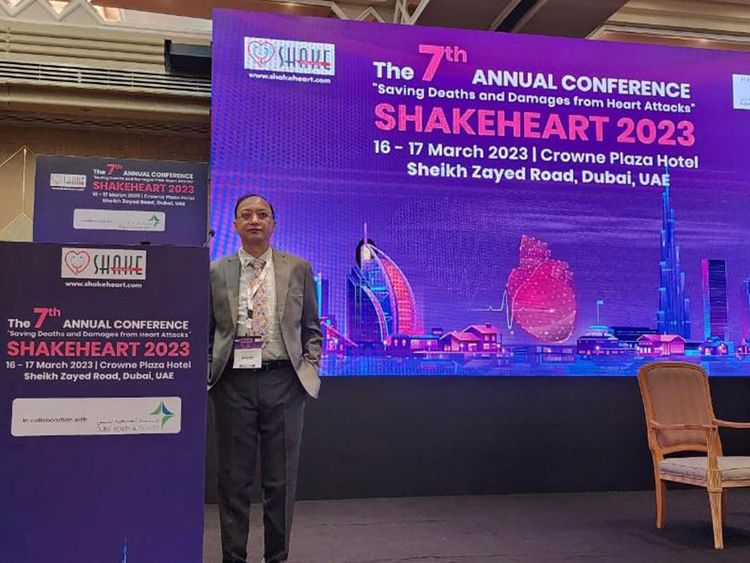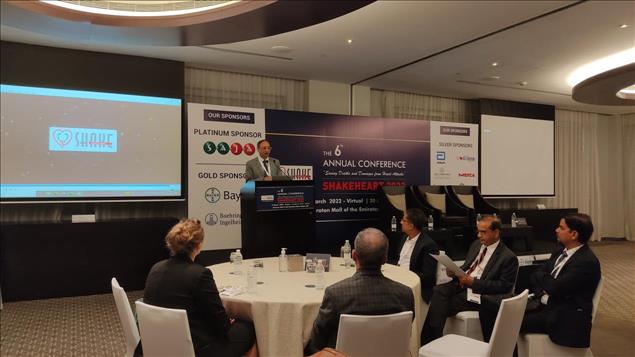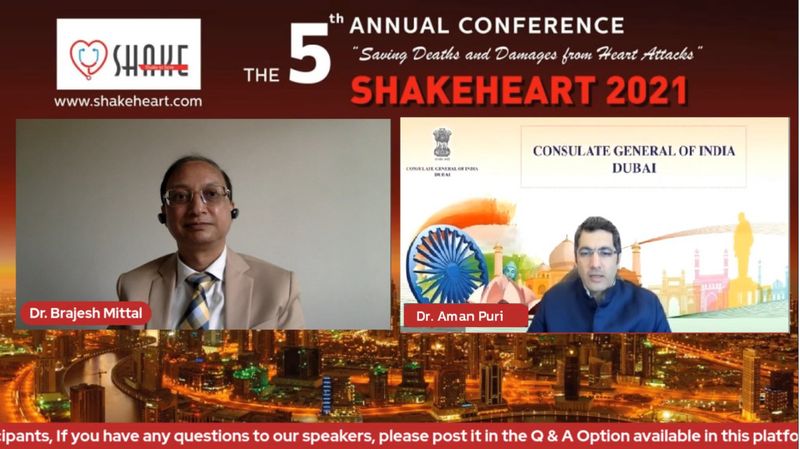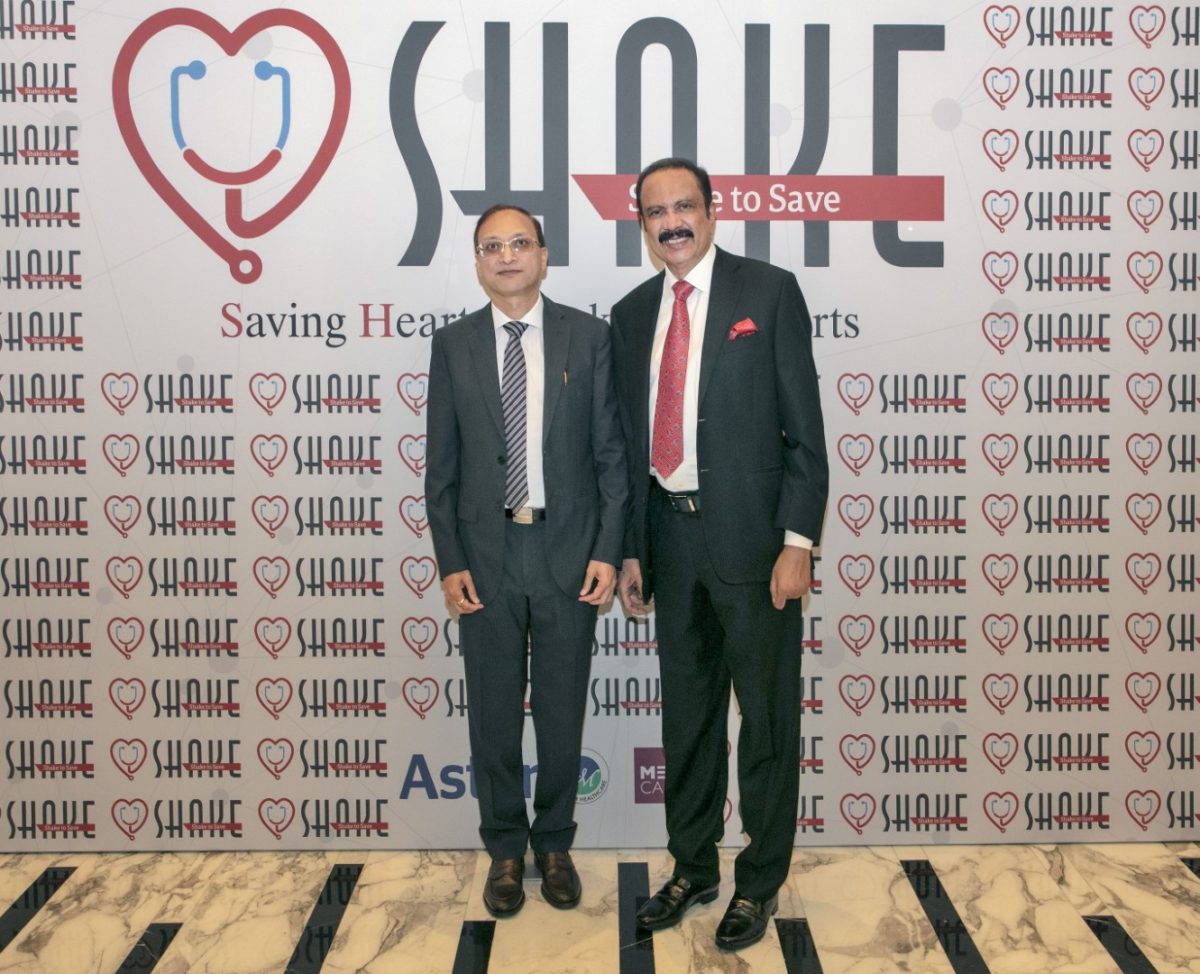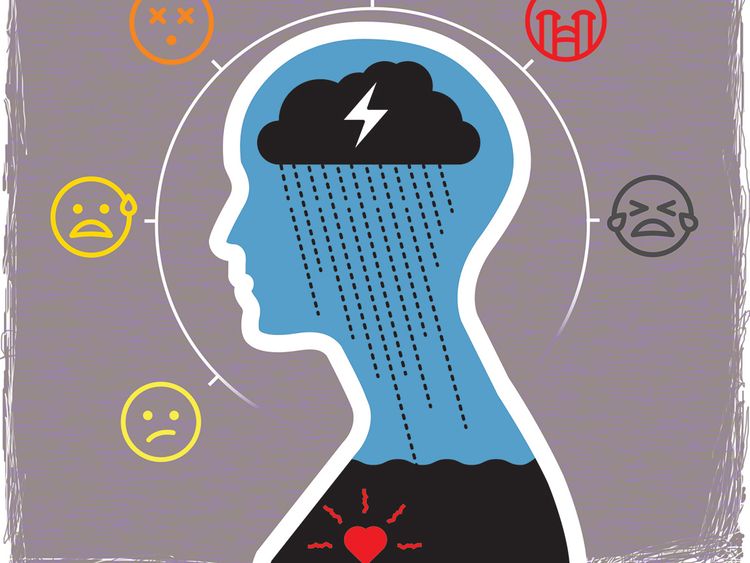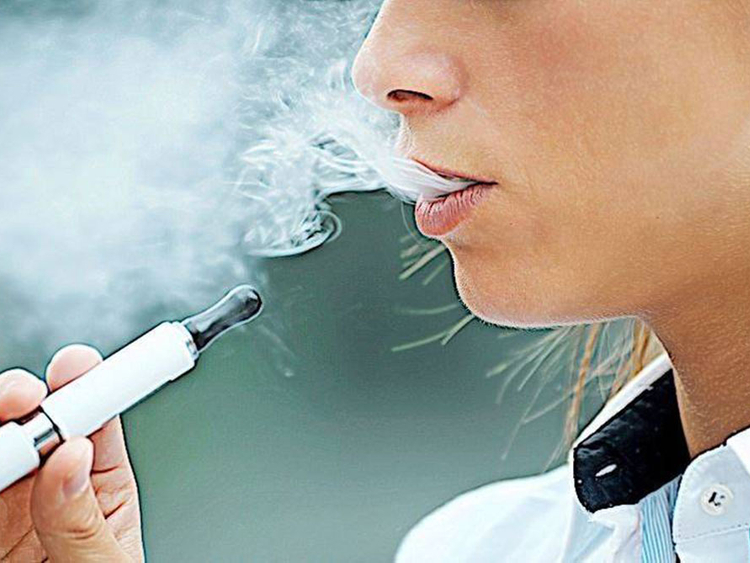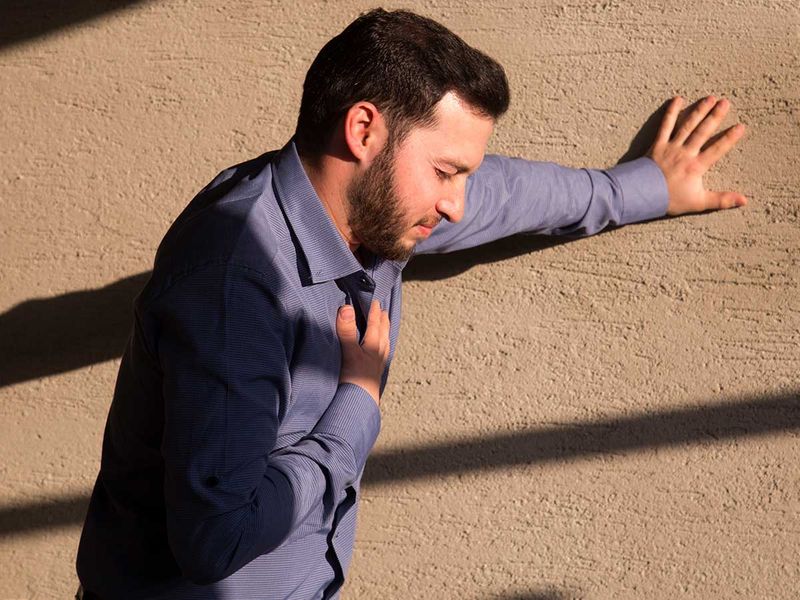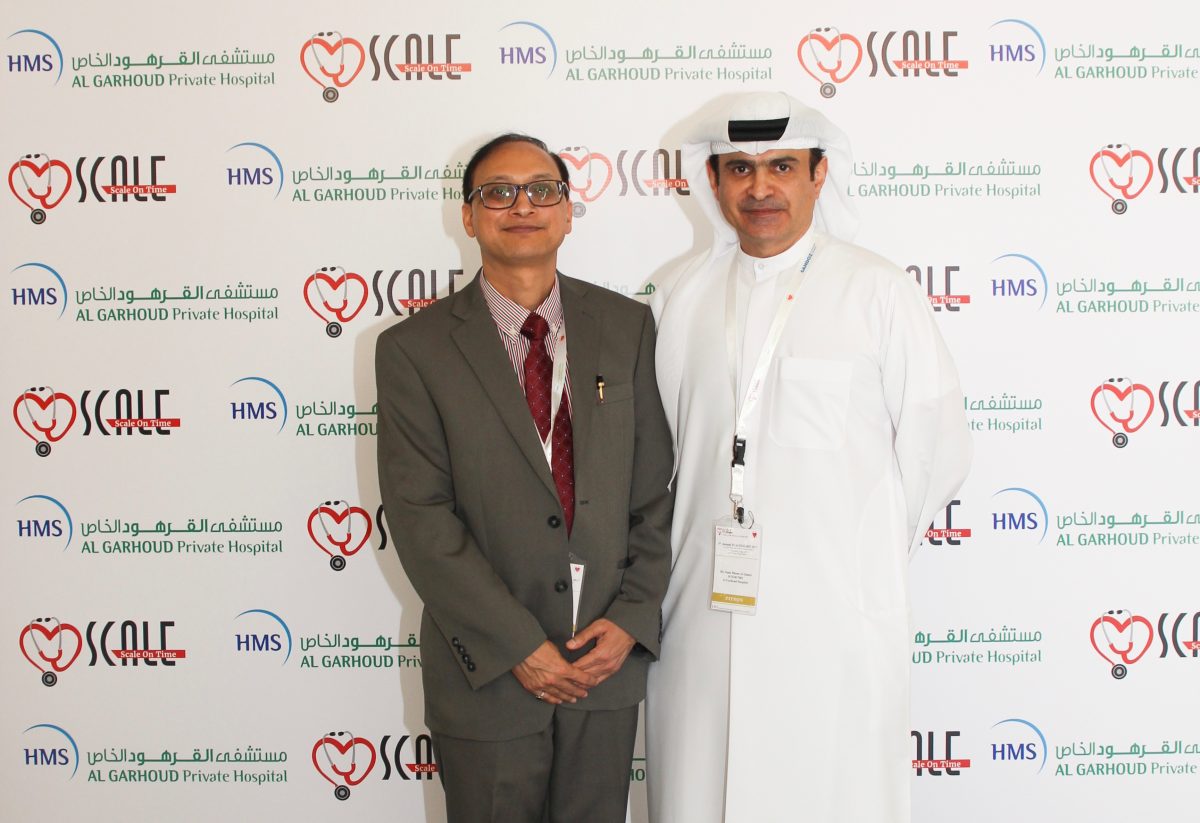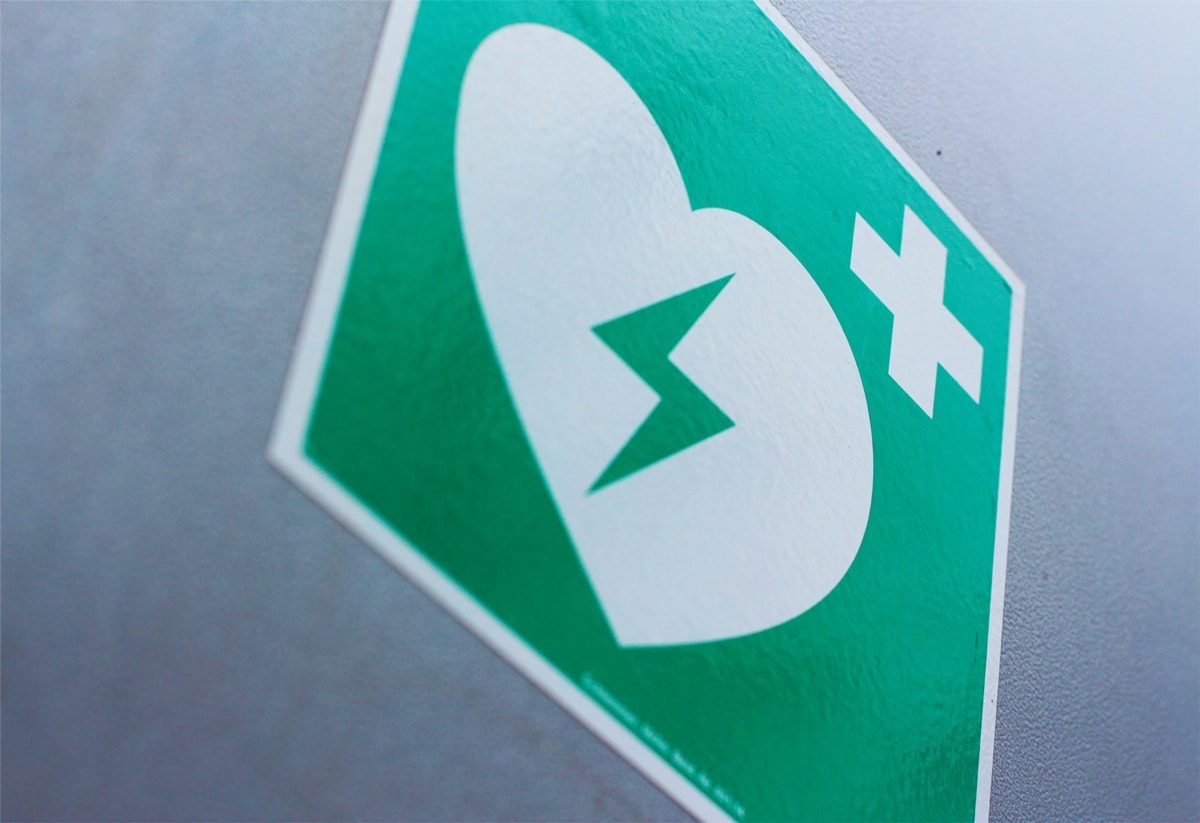Dubai: Vape is big money. It’s also a big health issue. The negative health effect of e-cigarettes, this relatively new contraption, is yet unknown. Little, if at all, exists in the way of scientific research on its long-term health effects. Even the World Health Organisation (WHO) is prevaricating.
For one, the world body states that compared to smoking, vaping reduces harm to the user, but the degree of harm reduction is “uncertain”.
It’s this “fact” — or lack of it — that has sent millions of vape users swooning in delirium. Net effect: Vapers now fly in droves like a moth to the flame, to know what it feels like the first time.
Then they get hooked. This is especially so for youngsters who would’ve never picked the habit otherwise.
“Vape” is just short for vaporisation. A battery-powered contraption to deliver nicotine and other substances electronically to your lungs, bloodstream and brain.
Here’s all you need to know about vaping and the industry that feeds this new era of global nicotine addiction.
How do vapes work?
They vaporise liquid. The liquid typically contains nicotine and gives it the desired consistency and irresistible smell.
Does it reduce the harm posed by traditional smoking?
A 2016 WHO report states that a switch from smoking tobacco to e-cigarettes “may” reduce harm to the user — by supporting quitting or acting as a “lower-risk substitute” to traditional cigarettes.
To what degree is the harm from traditional smoking reduced by vaping?
The answer to this is a bit funny. The assertion that it reduces harm does not stand on any scientific ground. Rather, it’s a perception. Vaping is still a relatively new industry and, as such, its negative long-term health effects are yet unknown.
Is vaping addictive?
Yes. Nicotine is the primary agent in both regular cigarettes and e-cigarettes. Nicotine is highly addictive. That’s why it’s called “nicotine (or tobacco) dependence” by some medical journals.
It’s like drug dependence. You can’t stop using the substance, even though your grandma and everyone in the family tells you it’s causing you harm.
How does nicotine work?
Nicotine gives smokers a “kick” — physical and mood-altering effects in the brain that are temporarily pleasing.
These effects leave you craving more and lead to dependence. It’s also scientifically proven that stopping tobacco use causes withdrawal symptoms — including irritability and anxiety.
More surreptitiously, vaping damages the blood vessels.
Studies indicate that even nicotine-free vaping damages blood vessels — one shows a 17.5 per cent drop in peak blood flow as a direct result of vaping.
Very much so. For one, it raises your blood pressure and spikes your adrenaline, which increases your heart rate and the likelihood of having a heart attack. It’s the nicotine in tobacco that causes nicotine dependence. But the toxic effects of tobacco result from other substances in tobacco. Regardless of how long you’ve smoked, stopping smoking can improve your health. Research show that nicotine may be as addictive as heroin and cocaine. What’s worse, many e-cigarette users get even more nicotine than they would from a tobacco product. How? One: Vapers can buy extra-strength cartridges, which have higher concentrations of nicotine. Two: They can simply increase the e-cigarette’s voltage to get a stronger dose.
If the WHO states vaping is “less harmful” than smoking, what advice does it give to governments about it?
To its credit, the global agency did urge governments to consider policies that would restrict vaping use.
How big is the vape industry?
Vape is big money. In 2014, there were 466 brands of e-cigarettes, with global sales of around $7 billion (Dh25 billion).
In 2018, the global e-cigarette and vape market size was valued at $10.3 billion. It is expected to grow at a compounded annual growth rate of of 24.9 per cent from 2019 to 2025.
Vape vs smoking: What’s the difference in terms of damage to the human body?
Numerous studies show smoking causes severe damage to nearly every organ of the body.
Statistically, smokers have much higher rates of heart disease, stroke and cancer than non-smokers do.
In the UAE, smoking accounts for up to 90 per cent of lung cancer triggers.
And nearly one-third of deaths from heart disease are the result of smoking and second-hand smoke.
Smoking also burns a hole in your pocket as cigarettes are now taxed heavily.
The federal government has banned the sale and possession of cigarettes without Digital Tax Stamps from August 1, 2019.
Is vaping “less harmful” indeed? What harm, if any, does it cause?
Dr Michael Blaha, M.D., M.P.H., director of clinical research at the Johns Hopkins Ciccarone Center for the Prevention of Heart Disease, has claimed that compared to traditional smoking, vaping is “less harmful”.
Other sources claim that vapes expose people to “fewer toxic chemicals than traditional cigarettes.”
The basis for this claim: In vapes, the nicotine extracted from tobacco, along with flavorings and few other chemicals, create the water vapor that users inhale.
On the other hand, regular tobacco cigarettes contain 7,000 chemicals, many of which are toxic.
That doesn’t make vaping safe, say experts. “You’re exposing yourself to all kinds of chemicals that we don’t yet understand and that are probably not safe,” said Dr Blaha.
Does vaping add to nicotine addiction?
Yes. Vaping is fueled by same nicotine traditional cigarette smokers use to get a nicotine fix, and triggers happy hormones in the brain.
Only the delivery is different. Instead of burning tobacco, as cigarette smokers do, vaping uses a battery-powered electronic device to vaporise nicotine, so that the “vaper” can inhale nicotine.
What do UAE doctors say about vaping effects on the body?
Doctors and hospitals across the world report an increasing number of vaping-related respiratory illnesses.
Dr Brajesh Mittal, Consultant Cardiologist at Medcare Hospital in Dubai, says vaping isn’t really safer than traditional cigarette smoking.
“It is deceptively safer. Though it contains overall less harmful contents than the regular cigarettes — the availability of vapes is increasing its use — and subsequent more addiction,” said Dr Mittal.
Dr Mittal also points to this seemingly innocuous “trend”: “Because of perceived safety, even children and teenagers are using them and is clearly making them more habitual. Instead of reducing the use of standard smoking — these are becoming the gateway to future smoking.”
Because of perceived safety, even children and teenagers are using them and is clearly making them more habitual. Instead of reducing the use of standard smoking — these are becoming the gateway to future smoking.
– Dr. Brajesh Mittal, Consultant Cardiologist at Medcare Hospital in Dubai
And how serious is the ‘less harmful’ myth faced by vape users?
Dr Mittal explains: “There is a myth that e-cigarettes do not have nicotine when, actually, they have, though the quantity is less and it’s not directly combusted — like in normal cigarettes. By substituting in general on a mass basis — we may reduce the nicotine consumption per person, but we also carry the threat to end up increasing the total number of users.”
Is an entire new generation getting hooked on nicotine?
Yes. Compared to any traditional tobacco product, e-cigarettes are more popular among youngsters. In 2015, the US surgeon general reported that e-cigarette use among high school students had increased by 900 per cent. Out of young e-cigarette users, up to 40 per cent had never smoked regular tobacco.
In other words, e-cigarettes had been the entry point to nicotine addiction for this new crowd.
What should authorities do about it?
One: Limit the access of youngsters to vape. The fact that it appeals to young people and that vape cartridges — often formulated with flavorings such as apple and raspberry — also happen to smell good do not make them less harmful.
Two: Greater scrutiny of the chemicals being made available at vape shops, especially those selling them online.
Three: More research needs to be done to cut fact from fiction on vaping, particularly nicotine addiction. The fact that e-cigarettes have a lower per-use cost than traditional cigarettes make them a runaway success among a new generation of nicotine adherents.
Clinical researcher Dr Michael Blaha, of the Johns Hopkins Ciccarone Center for the Prevention of Heart Disease, says: “What I find most concerning about the rise of vaping is that people who would’ve never smoked otherwise, especially youth, are taking up the habit. It’s one thing if you convert from cigarette smoking to vaping. It’s quite another thing to start up nicotine use with vaping. And, it often leads to using traditional tobacco products down the road.”
Besides nicotine, what other substances are found in vaping?
There’s propylene glycol, glycerine and other “flavourings”. Little research has been made on the negative health effects of inhaling these substances individually — or in combination.
Because of the presence of C3H8O2 (Propylene glycol, a “brother” of alcohol) in vaping liquids, vapers not only get a kick from nicotine…now you get the picture.
Various sources state that propylene glycol, an organic compound, is generally safe for use in foods, citing decisions by US and European food authorities.
Recently, however, C3H8O2 has kicked up controversy: propylene glycol is used as an antifreeze agent, leading to health concerns about its possible toxic effects from eating foods that contain it.
In the US, where nearly 200 people where rushed to the emergency room in recent weeks, many patients also acknowledged vaping tetrahydrocannabinol, or THC.
This is the high-inducing chemical found in cannabis, according to statements from US federal and state health agencies.
What is ‘vaper’s tongue’?
A condition where — unexpectedly and without warning — a vaper loses the ability to taste vape “juice”. This is a nearly universal phenomenon: Vaping can sometimes cause a fatigued tongue, leading to dry mouth which will be devoid of adequate saliva. Without enough saliva, the ability to taste is almost non-existent.
The phrase became common because many vapers noticed on occasion that their tongue felt like it suddenly developed a thick coating that blocked the ability to taste.
For a vaper, the ability to taste the full flavor of the “juice” in the vape is the key to get fullness of joy from the vaping experience. Many vaping sites explain what causes of vaper’s tongue and ways to get past it. They’re not the aim of this explainer.
What are the long-term health risks of vaping?
The MD Anderson Cancel Center, of the University of Texas, lists the following risks:
Nicotine addiction
Mouth and throat irritation
Coughing and wheezing
Worsening asthma
Chest pain
Raised blood pressure
Raised heart rate
Upset stomach
Nausea
Should indoor smoke-free areas also be vape-free?
Yes. That’s what WHO recommends.
In a bulletin issued in 2016, WHO stated: “We believe that, from a public health perspective, central and local governments should adopt regulations that effectively determine that all designated indoor smoke-free areas are also vape-free areas.”
Does vaping kill?
Yes and no. At least not an immediate kind of death — though an exploding vape pen reportedly killed a user in May 2018 in Florida, USA.
In another case, on Friday, August 23, the US Centres for Disease Control flagged one more death. The victim, in the US state of Illinois, was reportedly hospitalized with severe respiratory illness before he died.
A total of 193 cases have been reported with severe respiratory illness in 22 US states. Doctors were surprised by the spike in cases. Investigators have not found a common link – except vaping – among the patients turning up in emergency rooms.
What countries ban vaping in enclosed areas?
There are a growing number of countries where owning an e-cigarette can land you in serious trouble.
Thailand, Brazil, Singapore, the Seychelles, and Uruguay have banned e-cigarettes. The list is growing. In 2014, they were technically illegal to sell in Canada, but this is generally unenforced and they are commonly available for sale Canada-wide. In the US, vaping is banned in all public enclosed facilities.
Since the WHO published a study which claimed that e-cigarettes may not help smokers kick the habit, several countries have clamped down on their use.
In certain countries, like Australia, every form of nicotine, except for replacement therapies and cigarettes, is considered a form of poison.
What did the US authorities do about e-cigarettes?
In September 2018, the FDA has further strengthened its Youth Tobacco Prevention Plan by targeting the e-cigarette industry with fines for retailers and manufactures that are illegally selling to youth.
In November 2018, the FDA announced new steps to curb youth vaping while still ensuring the adults who would “benefit” from e-cigarettes still had access to a healthier nicotine delivery system.
What does WHO say about vaping?
WHO published a study which claimed that e-cigarettes may not actually help smokers kick the habit. After that, several countries have clamped down on their use.
NICOTINE FACTS: IS NICOTINE TOXIC?
Nicotine is a stimulant that contains nitrogen and is a potent para-sympatho-mimetic alkaloid that is naturally produced in the nightshade family of plants. Nicotine is also produced synthetically.
Nicotine raises your blood pressure and spikes your adrenaline, which increases your heart rate and the likelihood of having a heart attack. It’s the nicotine in tobacco that causes nicotine dependence.
But the toxic effects of tobacco result from other substances found in tobacco.
Research shows that nicotine may be as addictive as heroin and cocaine. What’s worse, many e-cigarette users get even more nicotine than they would from a tobacco product. How?
One: Vapers can buy extra-strength cartridges, which have higher concentrations of nicotine.
Two: They can simply increase the e-cigarette’s voltage to get a stronger dose.
If I want to quit smoking regular cigarettes, is vaping my best option?
No. E-cigarettes aren’t the best smoking cessation tool. Although they’ve been marketed as an “aid” to help you quit smoking, e-cigarettes have not received US FDA’s approval as smoking-cessation devices.
On study shows that among those who smoke, 7 out of 10 say they do want to stop — but can’t.
That’s how addictive nicotine is. Many of those who want to quit smoking turn to electronic cigarettes (e-cigarettes) as a way to ease the transition from traditional cigarettes to not smoking at all.
However, a recent study found that most people who intended to use e-cigarettes to kick the nicotine habit ended up continuing to smoke — both traditional and e-cigarettes.
I want to quit smoking and vaping altogether. What should I do?
There are many treatments that work to treat nicotine dependence. In general, they help you manage withdrawal and stop smoking for good.
Ask your doctor for help.

